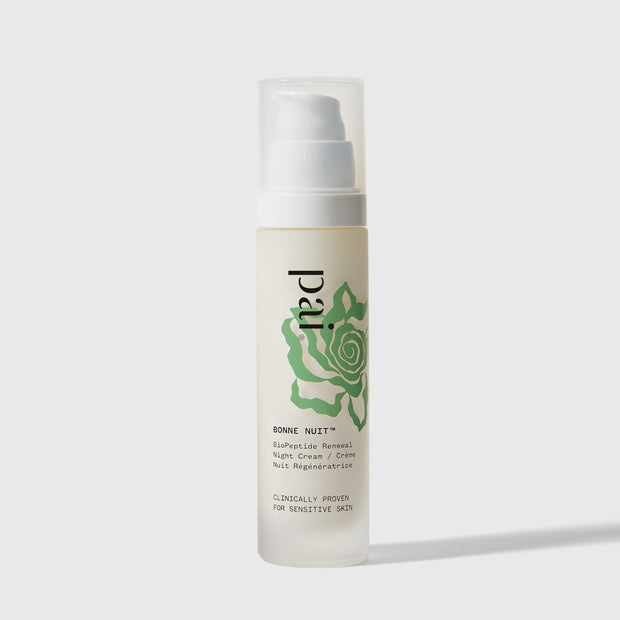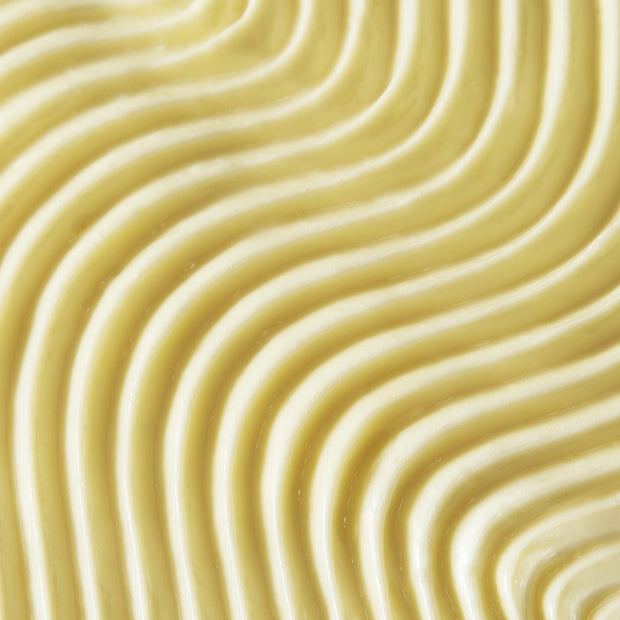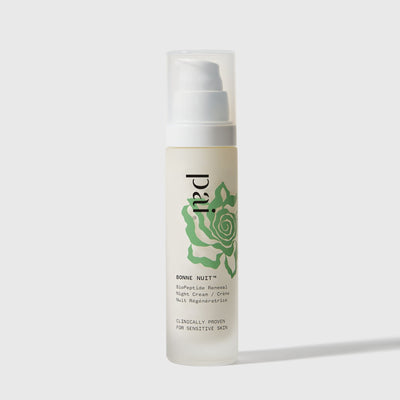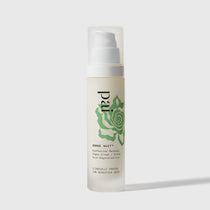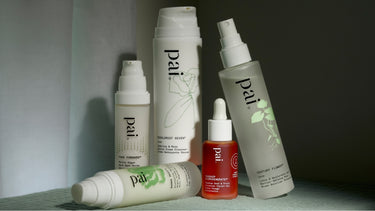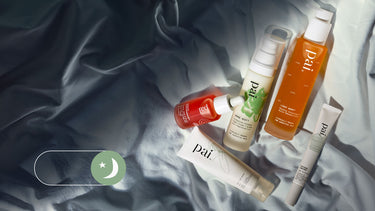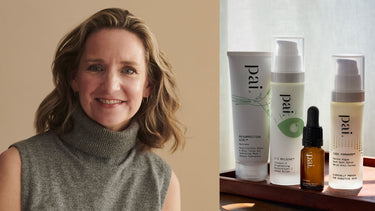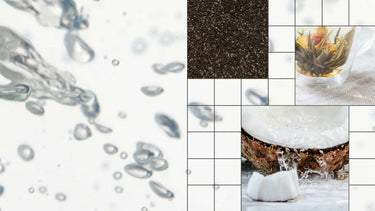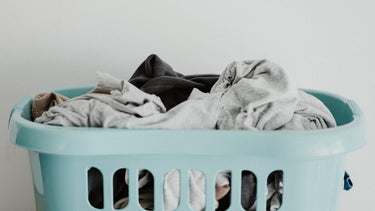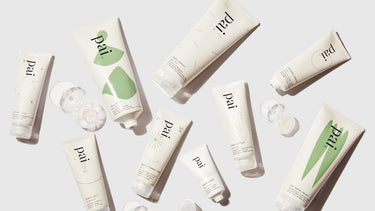Sleep plays a pivotal role in maintaining your skin's health, serving as a foundation for both its appearance and function. Because when you sleep, your body enters a state of repair and rejuvenation, which is particularly crucial for your skin.
The science of sleep and skin is a fascinating interplay of hormonal balance, cellular repair, and immune function. Each of these processes is vital for maintaining healthy, youthful skin. By prioritizing quality sleep, you're giving your skin the time it needs to repair, regenerate, and protect itself – ultimately supporting a radiant and resilient complexion.
On the flip side, poor sleep can have a profound impact on your skin – leading to a variety of concerns that affect both its appearance and health.
Understanding how lack of sleep contributes to these issues is the first step in addressing them effectively.

5 ways poor sleep shows up in your skin
1. Increased inflammation
When you don't get enough sleep, your body produces higher levels of cortisol, the stress hormone. Elevated cortisol can trigger inflammation in the skin, leading to conditions like acne, eczema, and psoriasis.
Inflammation also accelerates the breakdown of collagen and hyaluronic acid, which are essential for maintaining skin's elasticity and hydration.
2. Accelerated aging
Sleep is crucial for the production of collagen, the protein that keeps your skin firm and youthful. Insufficient sleep reduces collagen production, leading to the development of fine lines, wrinkles, and sagging skin.
Additionally, poor sleep affects the skin's ability to repair daily damage from UV exposure and environmental stressors, further contributing to premature aging.
3. Dehydration and dullness
Sleep helps to regulate the moisture levels in your skin. When sleep is compromised, the skin’s natural barrier function weakens, leading to increased water loss and dehydration. This can result in a dry, dull complexion, making the skin more prone to sensitivity and irritation.
4. Impaired skin barrier
The skin’s barrier function, which protects against environmental aggressors and prevents moisture loss, is strengthened during sleep. Poor sleep can compromise this barrier, making the skin more susceptible to damage from pollutants, allergens, and UV rays. This can lead to issues like redness, sensitivity, and an uneven skin tone.
5. Dark circles and puffiness
Lack of sleep is one of the most common causes of dark circles and puffiness around the eyes. This happens because poor sleep affects blood circulation, leading to blood pooling under the eyes, which creates a dark, shadowed appearance.
Additionally, fluid retention caused by sleep deprivation can result in puffiness, particularly in the delicate under-eye area.

How to wake up tired-looking skin
Noticing these signs of sleep-deprived skin? Here’s what you can do about it...
Prioritise consistent, quality sleep
Aim for 7-9 hours of uninterrupted sleep each night. Establish a regular sleep schedule by going to bed and waking up at the same time every day, even on weekends. Create a calming pre-sleep regimen.
I’ve noticed that creating a gratitude practice can really supercharge people’s sleep. However, reading or taking a warm bath are also good signals to your body that it’s time to wind down.
Optimize your sleep environment
Ensure your bedroom is conducive to sleep by keeping it dark, quiet, and cool. Invest in a comfortable mattress and pillows, and consider using blackout curtains or a white noise machine if necessary.
Stay hydrated
Drink plenty of water throughout the day to keep your skin hydrated from the inside out. During the winter you may consider using a humidifier in your bedroom to maintain moisture levels in the air, which can help prevent your skin from drying out overnight.
Use skincare products that support repair
Incorporate skincare products that focus on hydration, collagen production, and repair into your nighttime routine. Ingredients like Hyaluronic Acid, Retinoids and Peptides can help boost your skin’s repair processes while you sleep.
An antioxidant-rich night cream like Pai’s Bonne Nuit™ can also help combat oxidative stress and promote skin regeneration.
Manage stress levels
Since stress and poor sleep often go hand in hand, finding effective ways to manage stress is crucial. Practices like meditation, deep breathing exercises, and regular physical activity can help reduce stress and improve sleep quality.
Protect your skin from the inside
Eating a balanced diet rich in antioxidants, vitamins, and minerals can support your skin’s health and resilience. Foods high in omega-3 fatty acids, such as salmon and flaxseeds, can help reduce inflammation, while vitamin C-rich foods like citrus fruits can boost collagen production.
Find out more about the link between sleep and skin here, or discover Hayley’s top tips for a better sleep
Find out more about Hayley’s clinics and workshops on her website




























